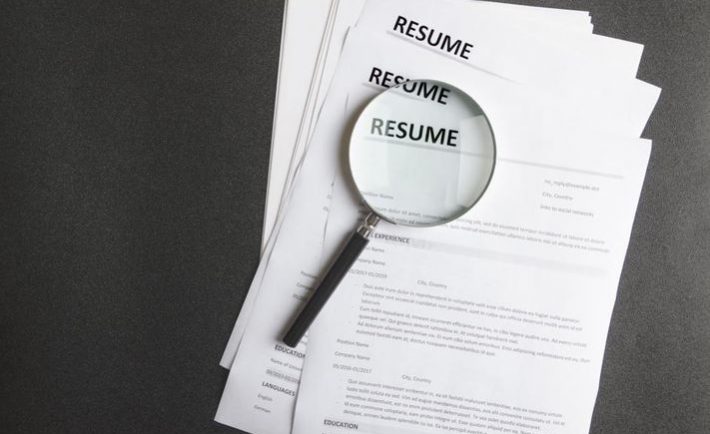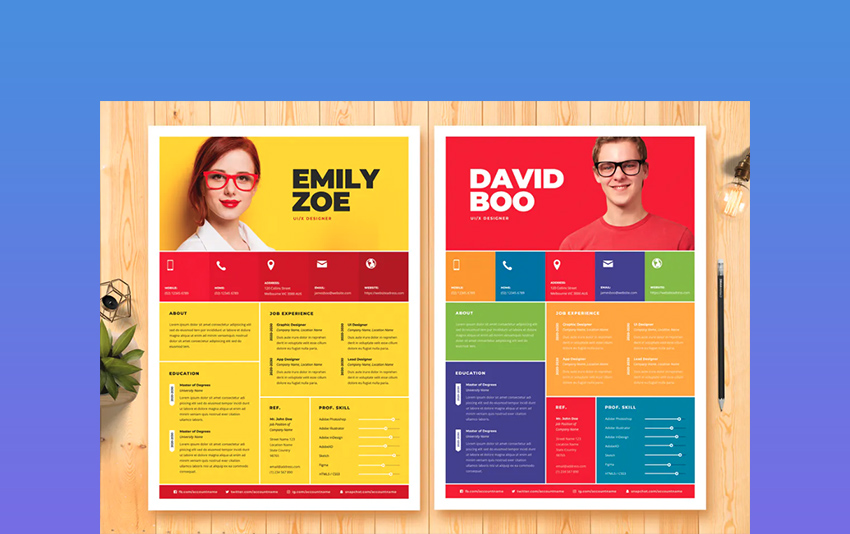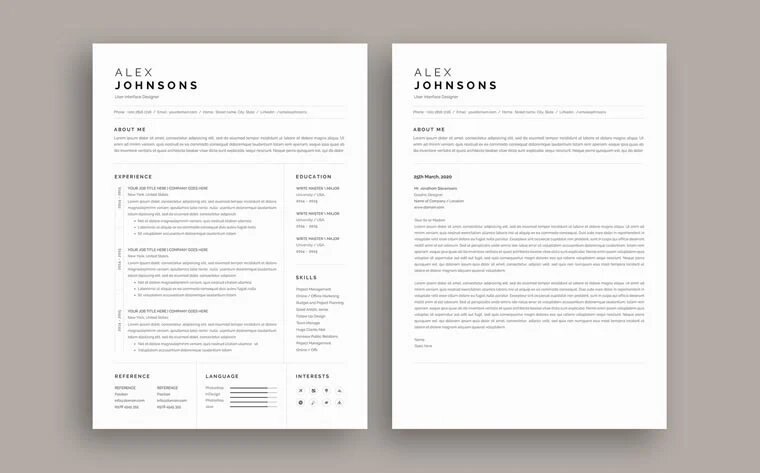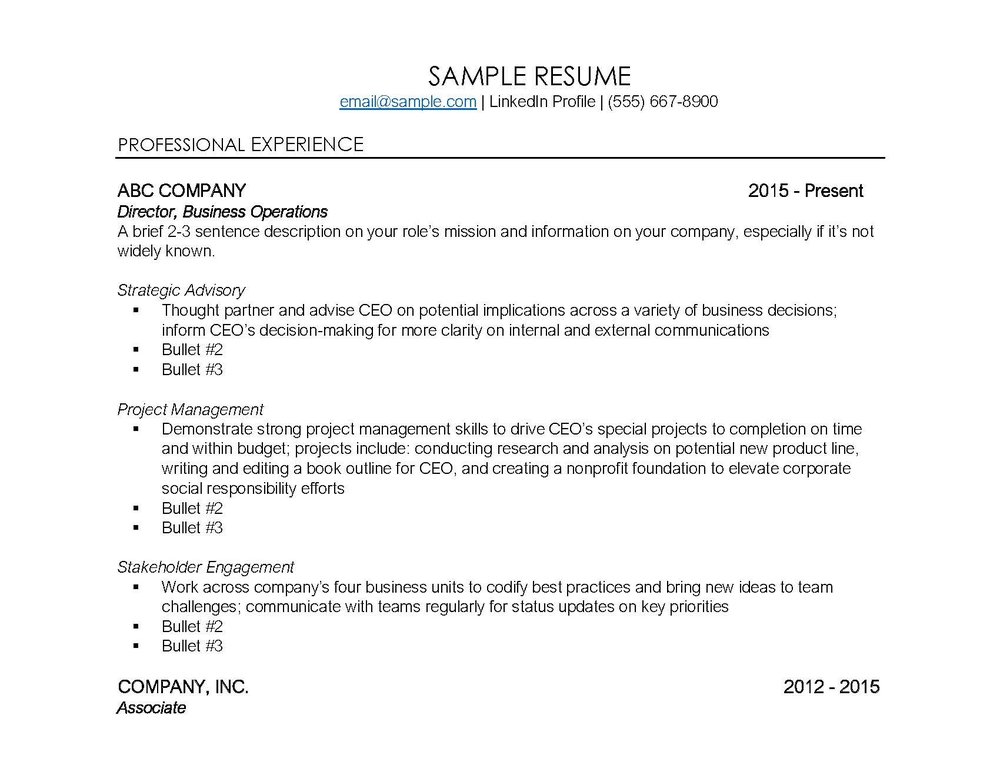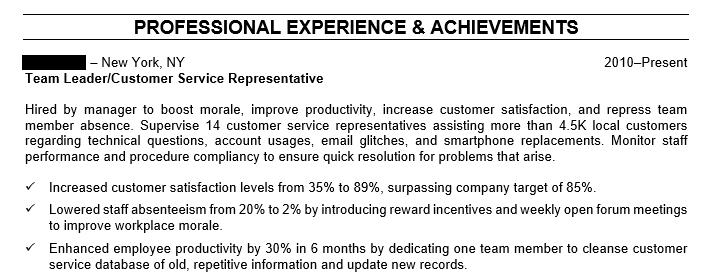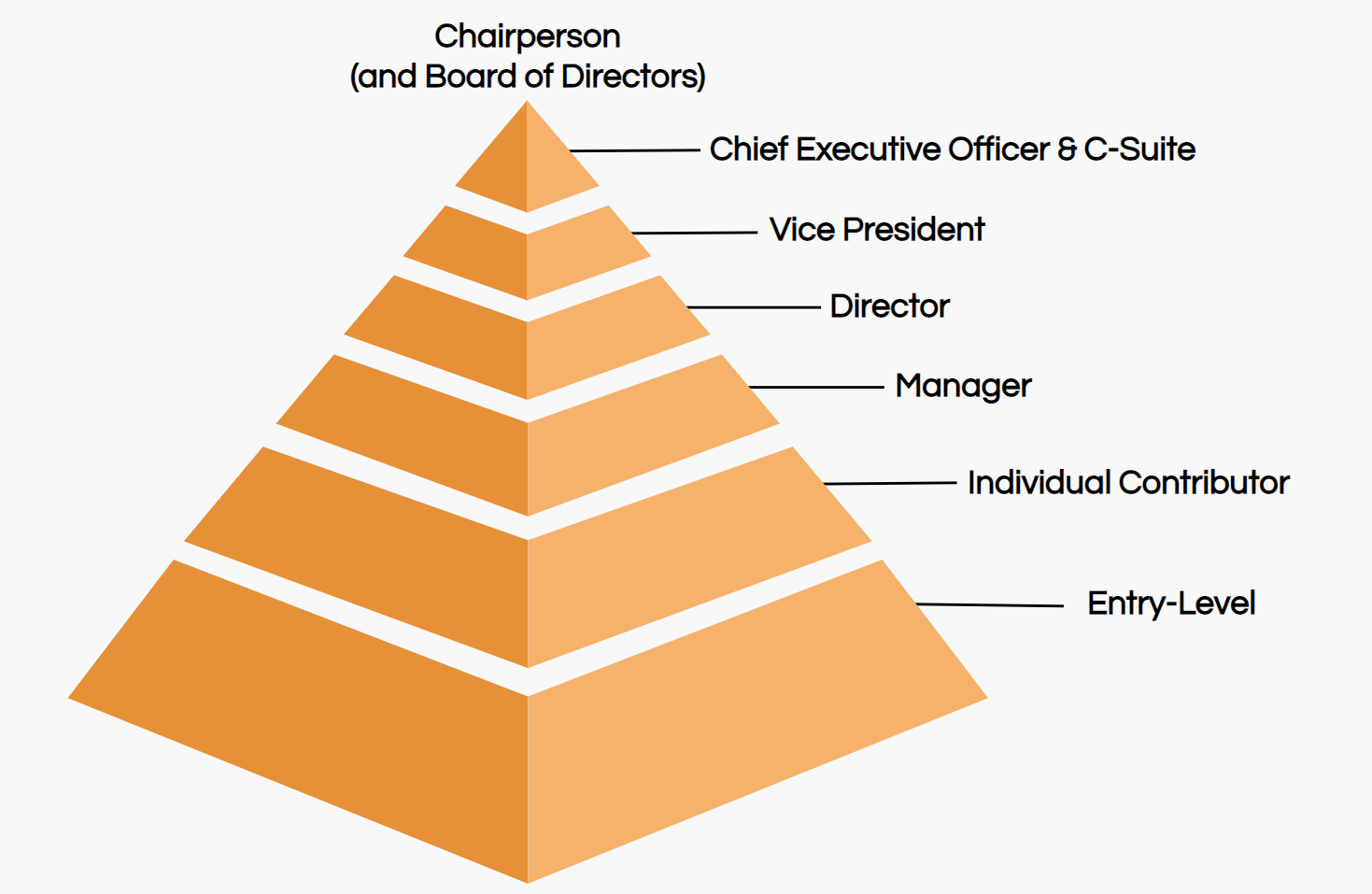Adjusting to the motions of life can be overwhelming. It is challenging to muster up the energy to jump into the candidate pool or consider changing careers when you must juggle your personal and professional responsibilities. Incorporating the following tips can help you stay motivated throughout the process.
Start by knowing why you actually want a new job and why you need to secure a position now.
#1: FIND THE REASON WHY YOU DO IT
Why do you do what you do?
Understanding why you are willing to exhaust your resources to get a new job can help you focus on the end goal. It will allow you to enter the job search from a place of clarity and empowerment. Defining why you do it “now” will be your call to action to initiate the first step.
#2: VISUALIZE YOUR TARGET
Close your eyes and sit in a comfortable spot. Visualize a time when you were excited about a new job or when you were happy with your current one. Embrace those feelings and examine whether you still feel the same way now. Then, visualize yourself securing your dream job. Absorb the excitement and energy that comes with it.
Using visualization to identify what is important to you can help you overcome exhaustion or other negative feelings that come with job hunting.
#3: TAKE A BREAK
If you are feeling burnt out and discouraged, step away for a bit. Allow yourself to rest and recharge. Scrolling through listings, submitting online and in-person applications, and going through multiple rounds of interviews can be draining!
It helps if you can narrow down your search. Take some time to discern which position you are looking for instead of just spreading your CV and hoping that someone will see it.
#4: REVAMP YOUR CV
Simplify your resume to garner more attention. Look at the job description and make sure that there is a connection between you and the text. Lastly, pinpoint where you might have some weakness and improve on those areas.

Image Credits: pixabay.com
#5: GET SOME HELP
Having a connection within the organization can increase your chances of landing a job, so expand your network. Maximize your connections by reaching out to former co-workers, mentors, lecturers, friends, and family members. Get the support you need to help you maintain your sanity!
#6: BE AN EARLY CANDIDATE
If you find a job posting that matches what you are searching for, do not waste your time and apply. Submitting your application immediately after the job is posted can help boost your chances of being noticed. Timing is everything!
If you apply in the first week that a job is posted, you have a much higher chance of getting the job and having your CV reviewed. Many hiring managers and companies look at applications that come in early.
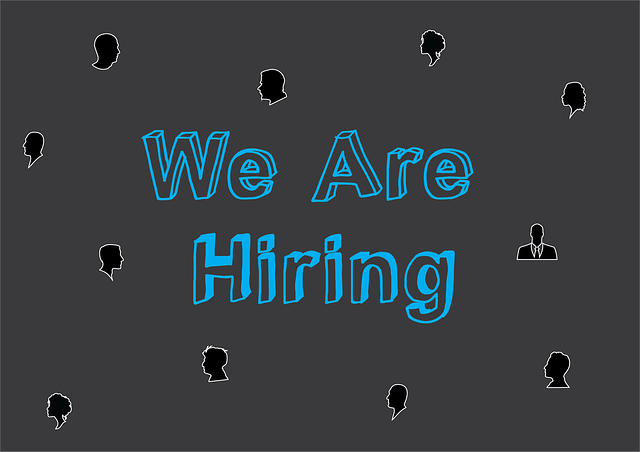
Image Credits: pixabay.com
BOTTOMLINE
Whether you are looking for a new position in a different company or have been unemployed for months, looking for a job can be challenging. You may not be able to see positions that interest you or your efforts in connecting with the hiring manager can fail miserably.
No matter where you are in the process, job hunting can be exhausting. However, you cannot give up! You have to push through the highs and lows. Keep at it until you see the end in sight in the form of a coveted new role.








